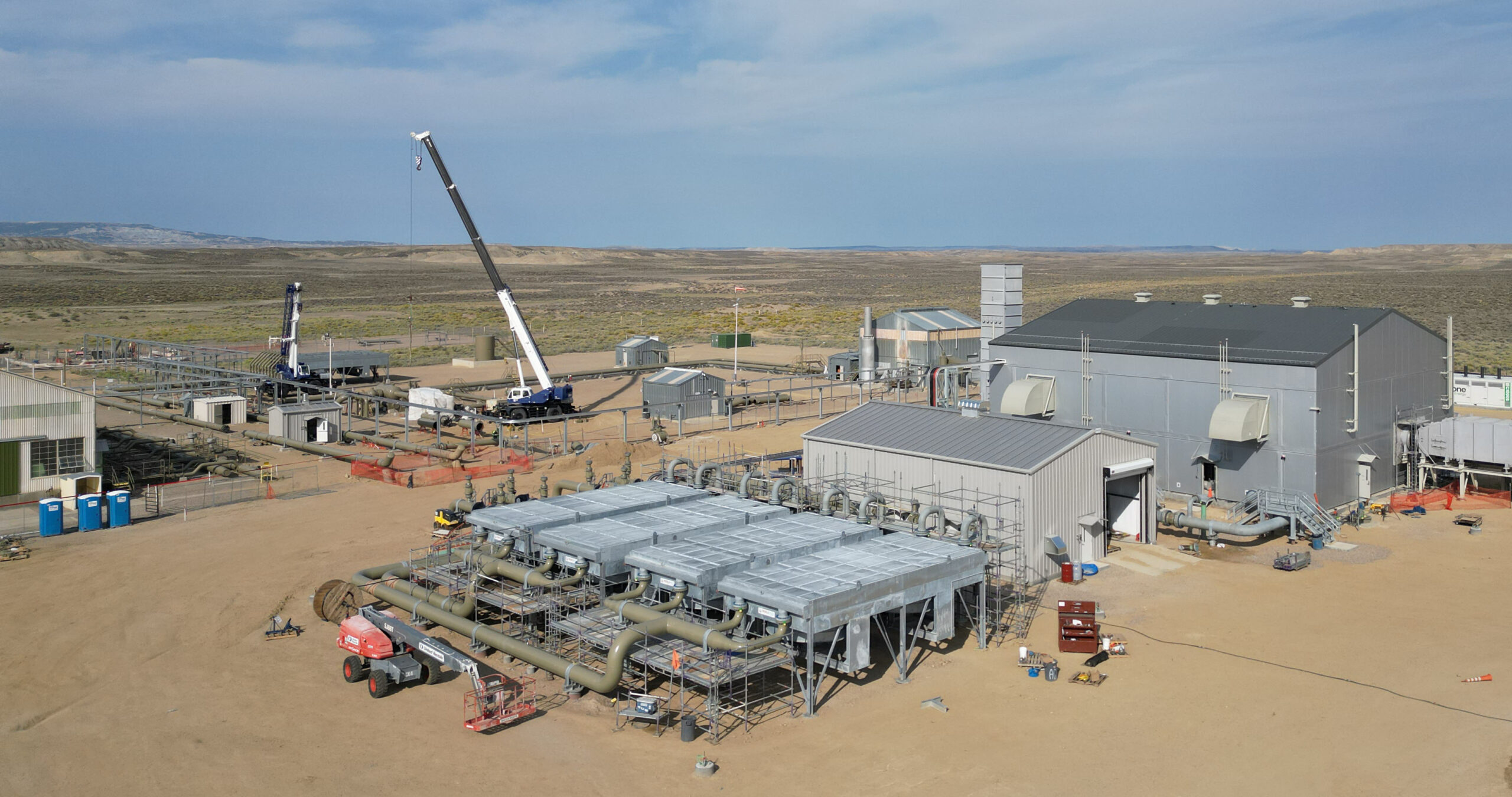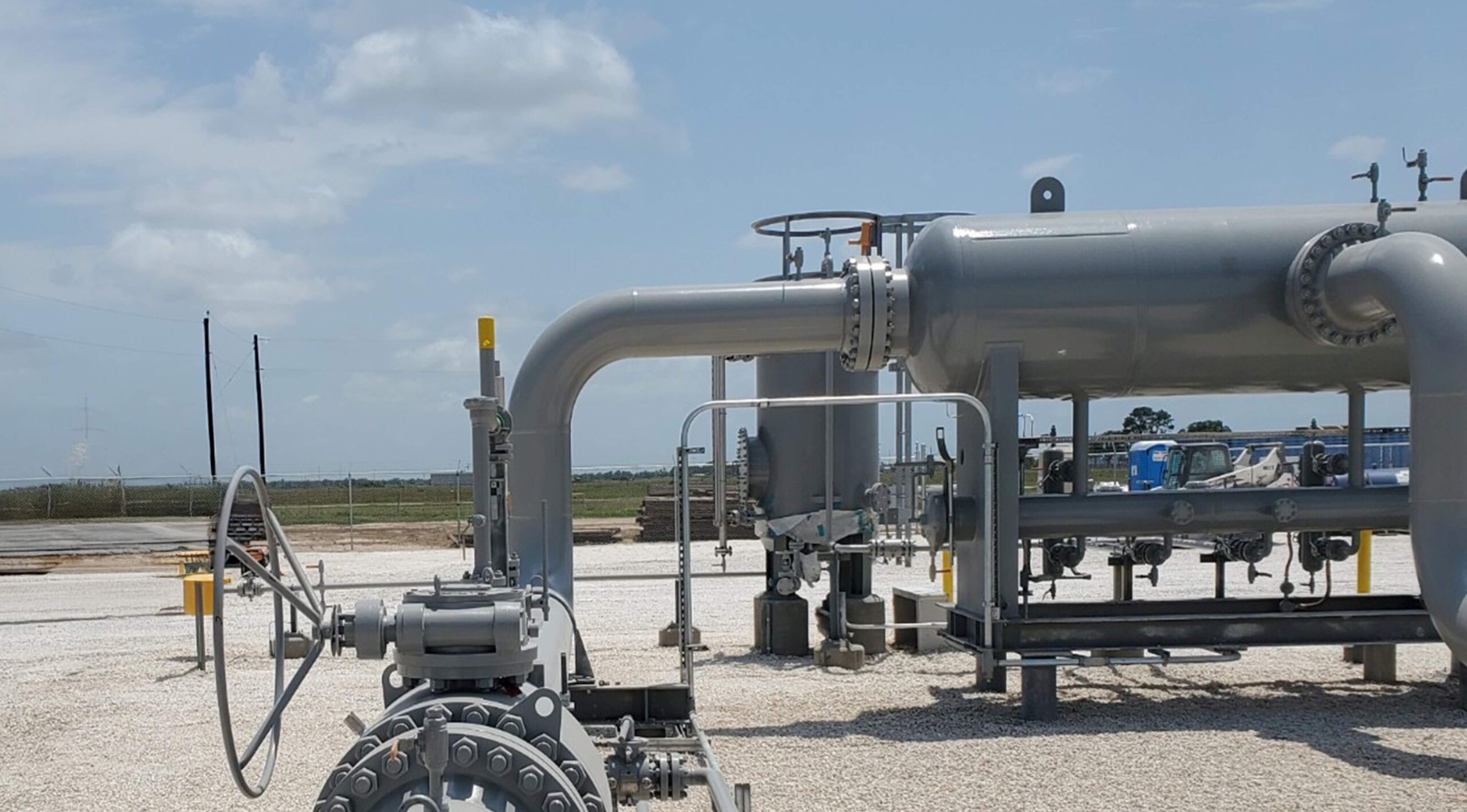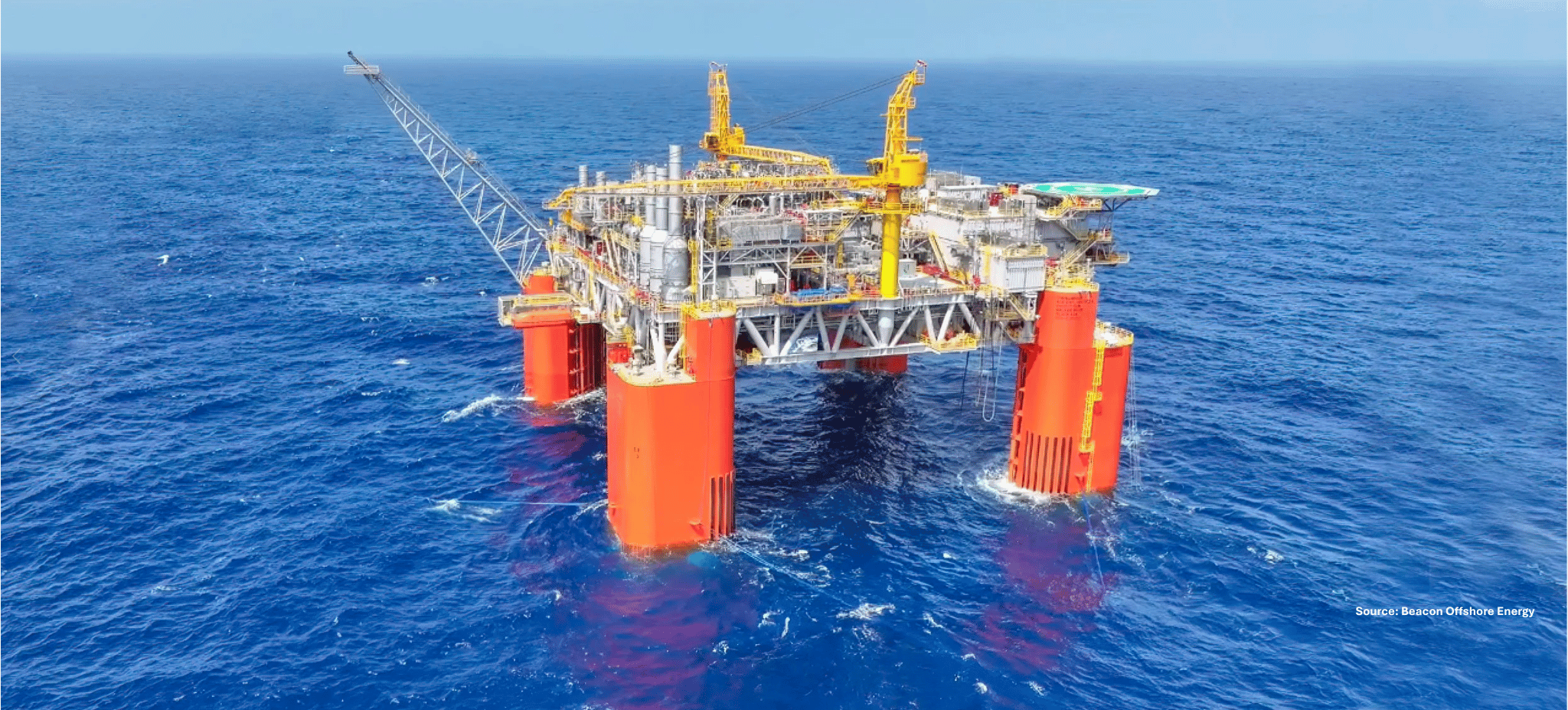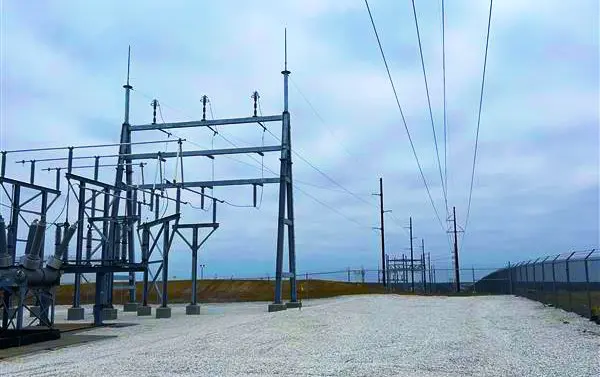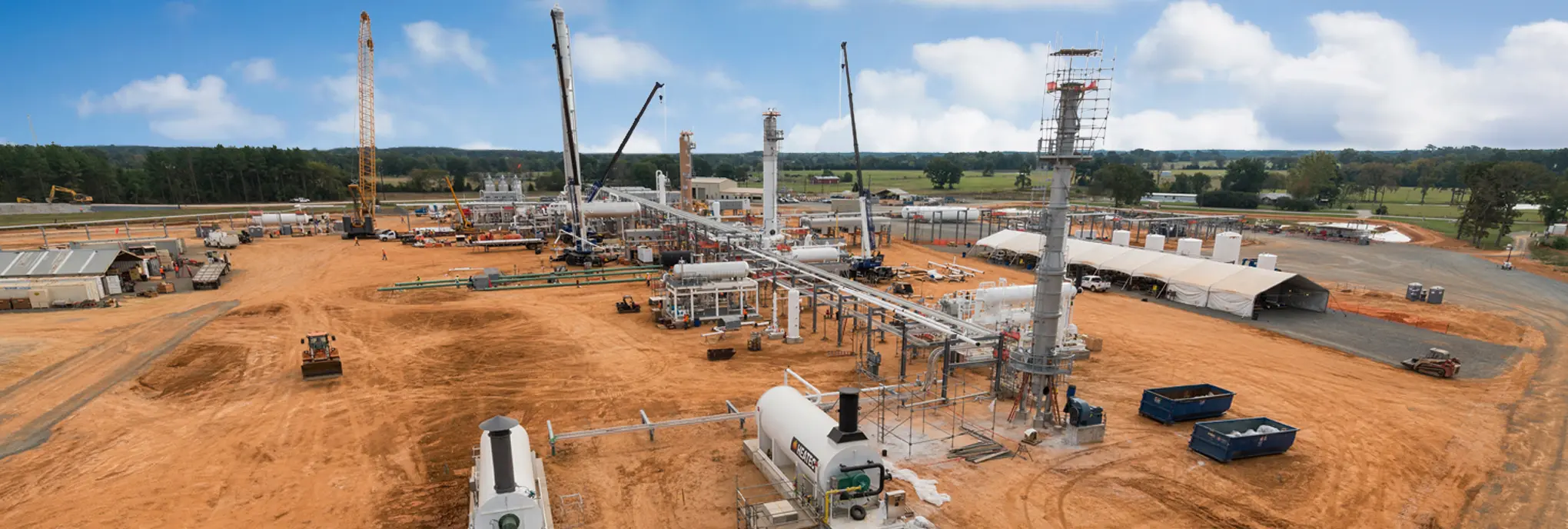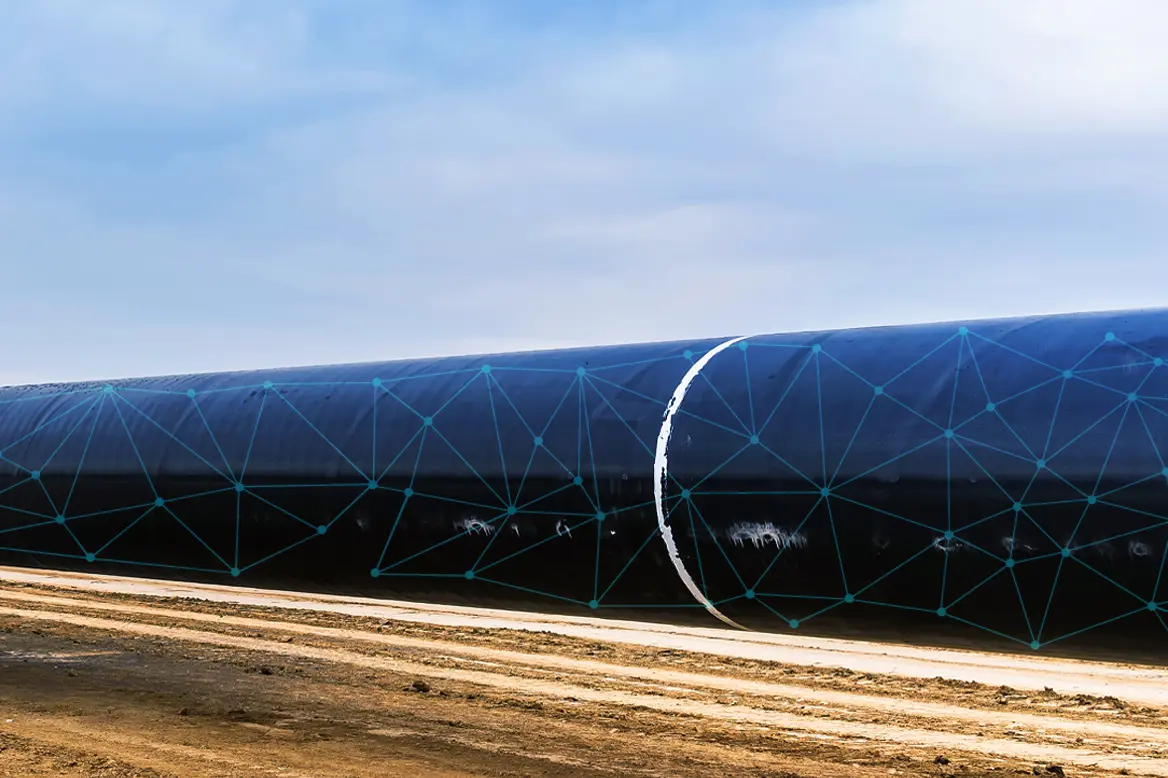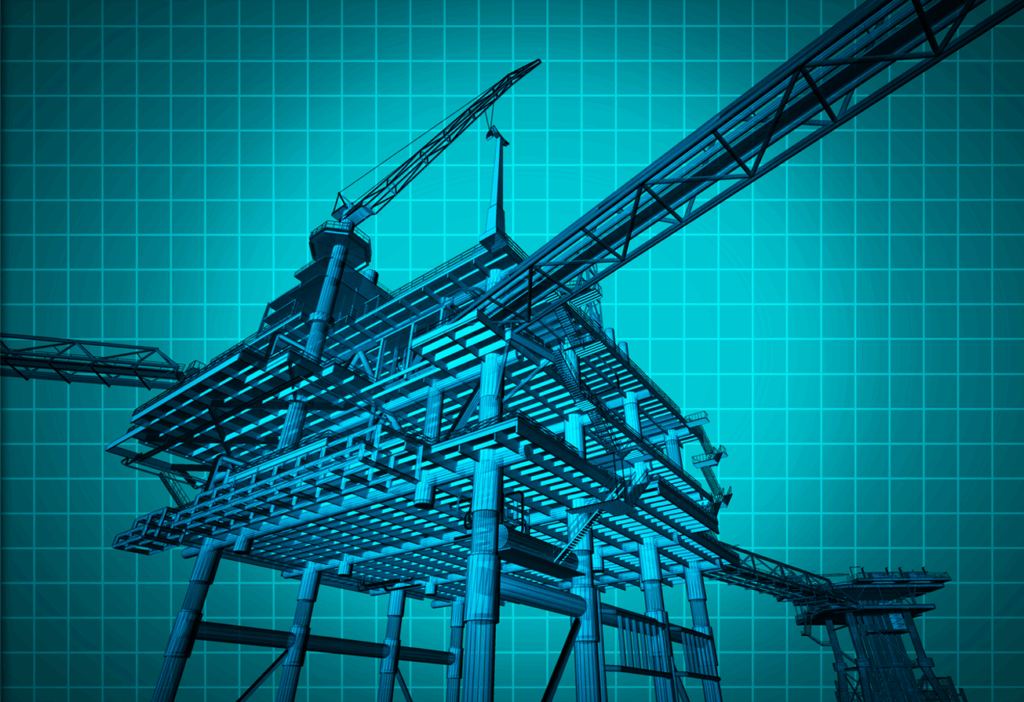

Want to share this article?
Process Simulation Increasingly Important to Petrochemical Operations
Even a cursory glance at oil and gas extraction and processing activities provides the layman with enough information to deduce that these activities require significant planning, mindful operation, and a strong knowledge base.
Yet a shrinking pool of qualified talent, more difficult operating environments, and the lure of the benefits of automation are adding additional complexity. As such, petrochemical companies are increasingly turning to process simulation to not only more effectively train personnel but also improve designs and increase operational efficiency.
Process simulation can be used as training equipment for those entering in the petrochemical industry as well as those further developing their skills. It allows users to learn more about the essential theories and functions of refineries, distillation plants, and other petrochemical facilities. Standard operating procedures can be learned and reviewed through process simulators for managing and recovering from abnormal and extraordinary conditions.
However, process simulation software can be used for more than workforce training. Operators can ensure equipment design, operation, and control is validated through conformance checks to limit interventions and guarantee a certain level of efficiency. Safety thresholds can be tested in the design phase to mitigate injury risk to personnel and damage to the facility. Process simulation can also be used to study operational failures that have some calculated likelihood of occurring (transients) during a facility’s lifetime, providing valuable information for future designs and operations.
Process simulation software comes in a variety of forms. Some process simulators may be designed specifically as operational training or knowledge acquisition software. Other types may focus on providing additional tools for design, modeling, or research. The software can also be function-specific, for example focusing on gas/oil separation, liquefied natural gas processing, dynamic column adsorption, and batch distillation technologies.


